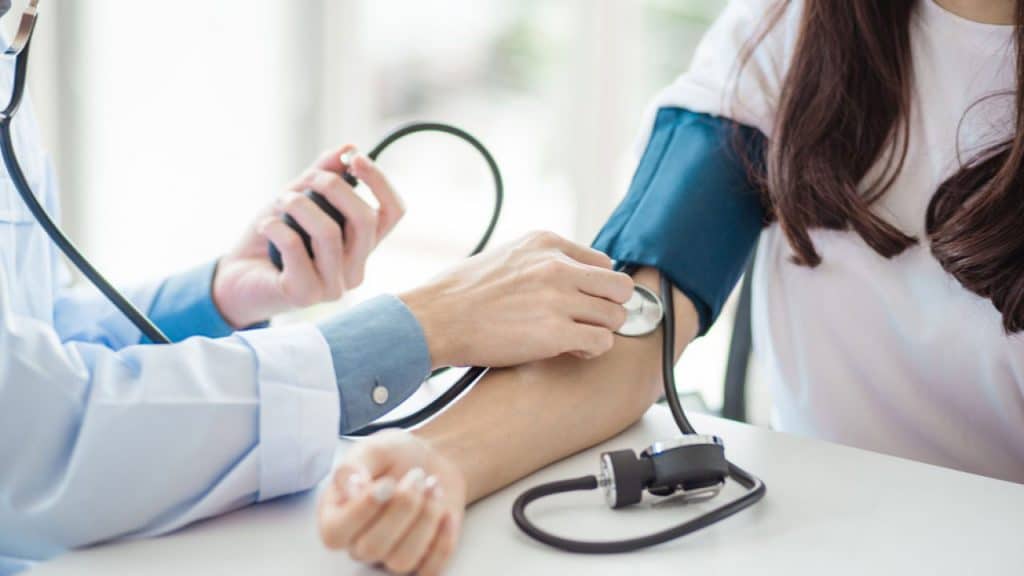There’s an ominous sound to the word “hypertension”, the proper name for high blood pressure. High blood pressure in its own right, however, rarely has any symptoms. It’s more of a concern because of what it could lead to later.
High blood pressure is something that might come up in a regular medical checkup or be warned about in any article trying to convince you to eat better or exercise more. It’s a warning of what might happen if you don’t have a healthy lifestyle, leading to an increased risk of heart attacks or strokes. Luckily, there are lots of ways to try to control your blood pressure, so you don’t have to worry just yet.
Blood pressure is given as two numbers, the systolic first and the diastolic second. Systolic is the force of the blood being pumped through your body when the heart contracts, while diastolic is about resistance to blood flow between contractions. A figure of 120/80 is in the comfortable range. Once you’re over this level, you’re considered at risk of high blood pressure, but it’s not outright hypertension until you reach 140/90.
What causes blood pressure to rise to these high levels? Some contributing factors, such as your genes, can’t be avoided. Race and income can also be risk factors, with black men from lower socioeconomic backgrounds being the group most likely to experience hypertension. People over 65 are also at a greater risk.
Sometimes kidney disease or an endocrine disorder can lead to what’s called secondary hypertension. The rest, however, is heavily influenced by lifestyle. In particular, smoking, too much alcohol and too much salt can all cause problems. It has been associated with excess weight, lack of exercise and poor-quality sleep.
The danger of hypertension isn’t the high blood pressure itself; it’s the extra strain it puts on other parts of the body. Other serious conditions that can become more likely because of high blood pressure include heart attacks and heart disease, strokes, kidney disease and even vascular dementia and vision loss. It’s not a guarantee that you’ll suffer any of these things, but it can be a little worrying.
Luckily, as so many of the risk factors for high blood pressure are related to lifestyle, changing your lifestyle can reduce the danger. Stop smoking and reduce your alcohol consumption. Adjust your diet so it is more balanced, has less salt, and everything is consumed in moderation. Exercise more, and make sure you get enough sleep every night. Even these small things can cause your blood pressure to drop, and even a small drop in blood pressure can have a positive effect on your health.
If lifestyle changes aren’t enough, there are medications that can help control hypertension. There are lots of different types available, including ACE inhibitors, calcium channel blockers, angiotensin-2 receptor blockers (ARBS), diuretics and beta blockers. Each has different advantages and disadvantages, and which will be recommended to you may depend on a range of factors including your age and the severity of your hypertension.
Hypertension can only be diagnosed by having your blood pressure tested, and regular checks are recommended. If you are diagnosed with high blood pressure, there’s no need to panic. Just talk to your doctor about potential lifestyle changes and medication.




